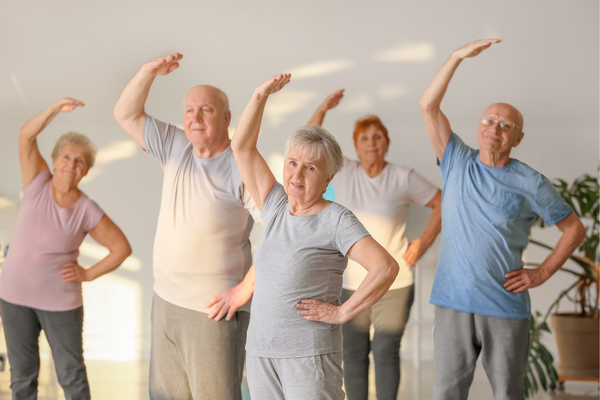It's natural that our physical abilities change throughout our lifetimes. Just as strength and coordination develop through our youth, they generally also decrease as our bodies age. But if you consider living into your senior years a privilege, then physical changes can be just another interesting challenge along life's winding road.
Being physically active within your personal limits has a multitude of benefits. It may lower your risk of illness like heart disease, type 2 diabetes, and stroke. Plus, regular physical activity can help keep your brain healthy and active too, and improve your mental outlook.

Consult with medical professionals about your changing needs
When you come up against new physical challenges such as injuries, arthritis, and mobility issues, it's important to talk to your doctor, and perhaps a physiotherapist. They’ll be able to advise you on ways that you can safely stay active within your capabilities.
For example, a physiotherapist may be able to teach you a range of exercises to help you recover from an injury, or to keep other parts of your body active when another has limited function.
If you've been physically active and self-reliant all your life, it can be very frustrating to find your body is no longer co-operating in the ways you used to depend upon. Getting professional health advice will help you make the most of the physical capabilities you have and take the focus away from your limitations.
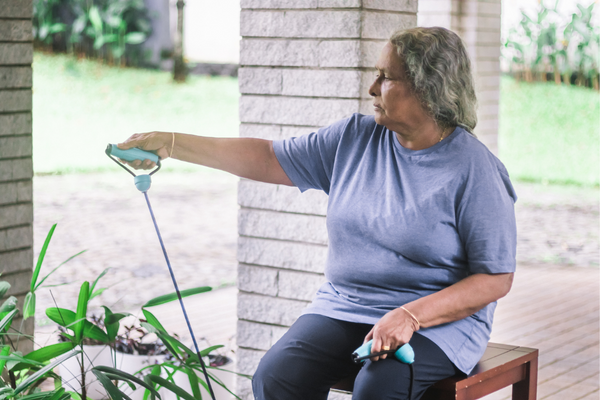
Try low impact home exercise equipment
Your healthcare providers will be able to advise you on home exercise equipment that suits your needs. Resistance bands (stretchy rubber straps) are an extremely affordable and versatile tool that can help you maintain and build muscle strength. A physiotherapist or occupational therapist will be able to instruct you on simple daily exercises that you can do almost anywhere, with equipment that fits in your pocket.
Other home exercise tools might be easy to fit into your daily routine. For example, a seated elliptical stepper can keep your legs gently exercising while you watch television.
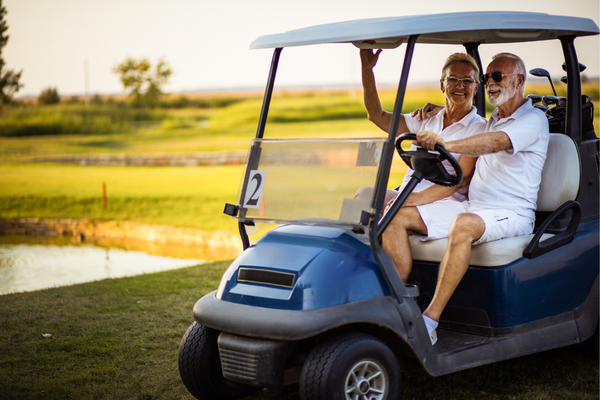
Adapt a favourite activity
Is there a way you can modify an active pursuit you have always enjoyed? For example, if you love to play golf but now find it hard to walk the distances, try using a buggy.
Keen on cycling, but feeling less safe on the roads? Perhaps you can still get some of that buzz on an indoor exercise bike, as well as taking outdoor walks.
Love gardening, but find ground level hard to manage? Raised garden beds help a lot of lifetime gardeners stay active at a more comfortable level. These updates can be arranged through your MMACG home care package.
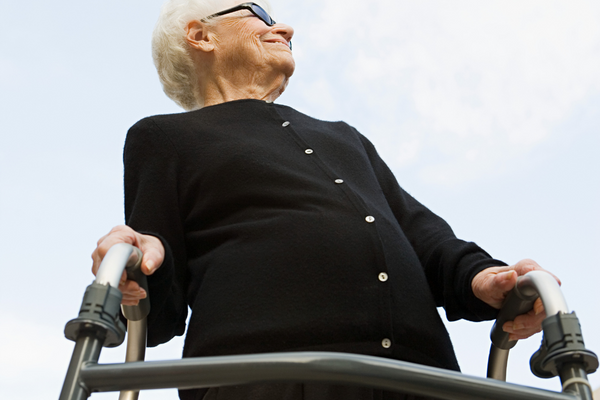
Think of mobility aids as tools, not burdens
Do your best to embrace anything that helps keep you moving. You wouldn't worry about wearing glasses to help your sight, would you? Things like walking sticks, frames and wheelchairs look a whole lot less 'medical' these days.
You might be able to choose something that expresses your own personality or personalise what you have. Yarn bombing, political stickers, sports team colours... you needn't fade into the background (unless you'd prefer to). Give it a name if that's your style. You'll be more motivated to keep your body moving if your mobility tools feel like friends, not foes.

Use routines to maintain motivation
Let's face it, repetitive exercise can become boring. And you can't always mix things up and try something different, especially if your mobility is limited. Some days, it can be hard to find motivation.
The reality is, to gain the most benefits, some exercise needs to be repeated day after day. For example, strengthening exercises to support a weak knee that is prone to injury.
It can be helpful to build these into your daily routine, so it's as non-negotiable as brushing your teeth. Perhaps you don’t have your morning coffee until you've done the activity. Or you always do a certain exercise when you watch the news each night. Work it into your daily routine and feel satisfaction - if not excitement - about completing it each time.

Balance exercises help reduce your risk of falling
Yes, unfortunately your sense of balance is another thing that can deteriorate with age, especially if you are unable to walk far. Combine that with lower muscle and bone strength and slower recovery times, and it's easy to see why falls are a major cause of serious injury in older people. Again, with your home care package, you can add safety aids around the house.
Tai chi and yoga are excellent practices for those with more mobility, to improve and maintain balance. But simple exercises such as standing on one foot or walking an imaginary tightrope can also be very beneficial.
If your balance is poor or your strength low, it's best not to attempt balance exercises before asking the advice of your doctor or physiotherapist. The last thing you want is to actually have a fall while you're exercising to prevent it. Tailored exercises will allow you to feel safe and supported as you build your balance skills.

Remember, if in doubt, talk to your healthcare professional
Staying active has so many physical and health benefits, at any age. If you’re feeling confused or frustrated about how ageing is affecting your ability to exercise, then your first step should be consulting with your doctor.
There may not be a magical answer, but there will almost certainly be some practical, everyday ways that will help you move your body, and feel better for it.
Talk to us about organising a home care package and aged care services, so you can stay comfortable and safe in your home. We’ve been helping older adults enjoy an independent and positive ageing experience for nearly 30 years. We can support you, too.
Previous article
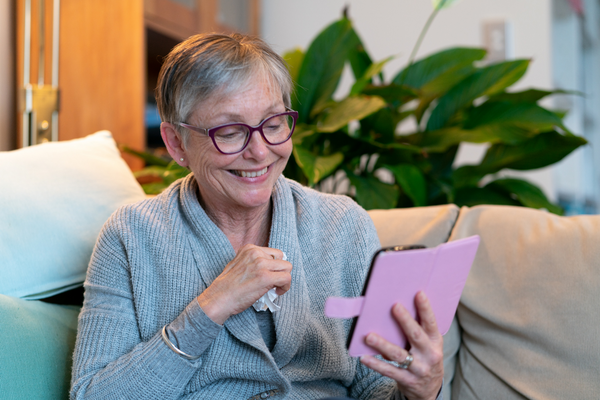
You’re never “too old” to learn how to use technology.
4 Jan 2023
Next article
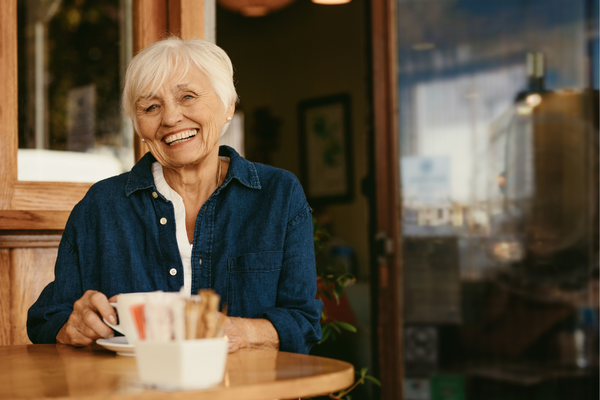
Mental wellbeing for older adults.
4 Jan 2023
